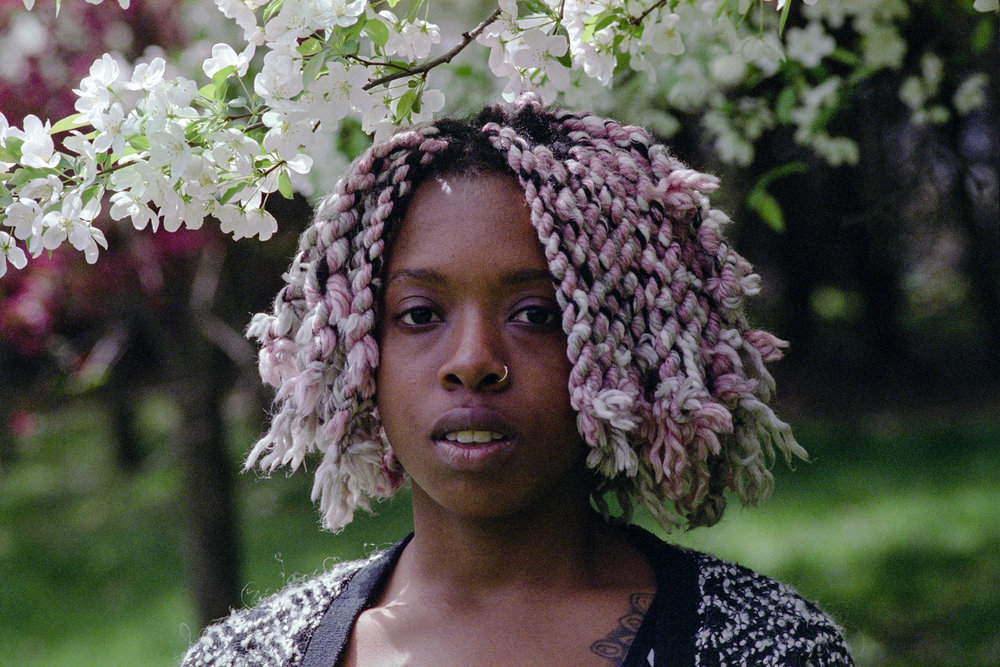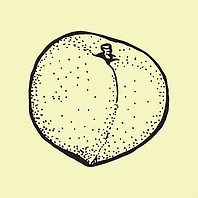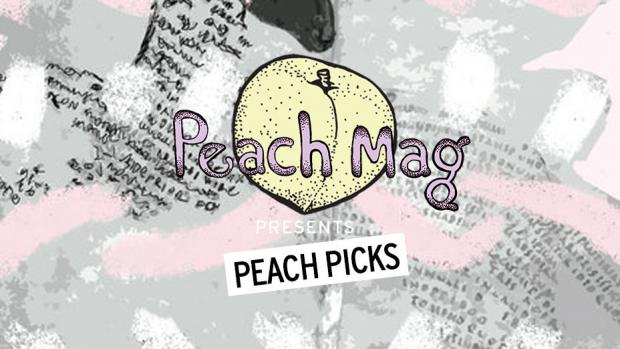 |
IN PRINT:
Mount Carmel & The Blood of Parnassus
by Anaïs Duplan
Monster House Press / 2017 / 66 pages / essay, poetry
Out earlier this fall from Monster House Press was Anaïs Duplan’s genre-bending book of poetry and prose, Mount Carmel & The Blood of Parnassus. This stunning and complex book is divided into two parts that interrogate themes of identity, gender, race, and the performance and misperformance of archetypes. The first part, printed in white text on black paper, is an essay called “A Love Song to Dead Blunt in Three Parts,” in which Duplan weaves together biography, music writing, social criticism, and personal exposition to explore the relationship between dysmorphia and dehumanization. They write, “If you refer to a human as a body, then you have dehumanized someone.” Leading up to this declaration is an interest in Dean Blunt’s “anti-presence in the media” and his songs’ “refusal to conform to any clear genre boundaries” — an absence that becomes presence, a presence characterized by ambiguity. In the second half
of the book, printed in an inversion of black text on white paper, Duplan invites the reader into a series of prose poems that are more scraps from the family photo album than clear portraits, and in a self-consciousness that demands presence, abstracts the boundary between reader and author. “You hear how my voice always becomes yr voice,” they write, “I think the truth is I’ve always wanted to hear you say it.” Mount Carmel & The Blood of Parnassus is a challenging and thoughtful examination of the limitations of presence. “I am limited,” Duplan writes, “by what my hand can do.”
|



